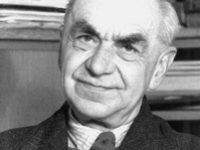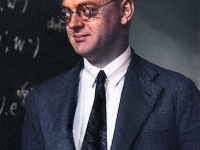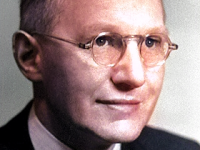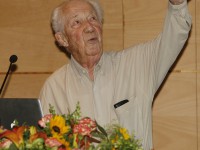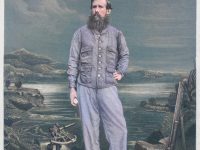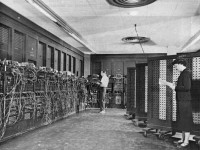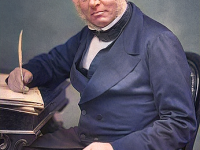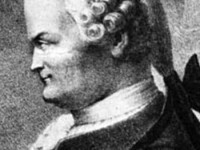Frederic Bartlett and Experimental Psychology
On October 20, 1886, British psychologist Sir Frederic Charles Bartlett was born. Bartlett is known as Britain‘s most outstanding cognitive psychologist between the World Wars. He was one of the forerunners of cognitive psychology. Bartlett considered most of his own work on cognitive psychology to be a study in social psychology, but he was also interested in anthropology, moral science, philosophy, and sociology. Frederic Bartlett – Early Years Frederic Bartlett was born…
Read more

